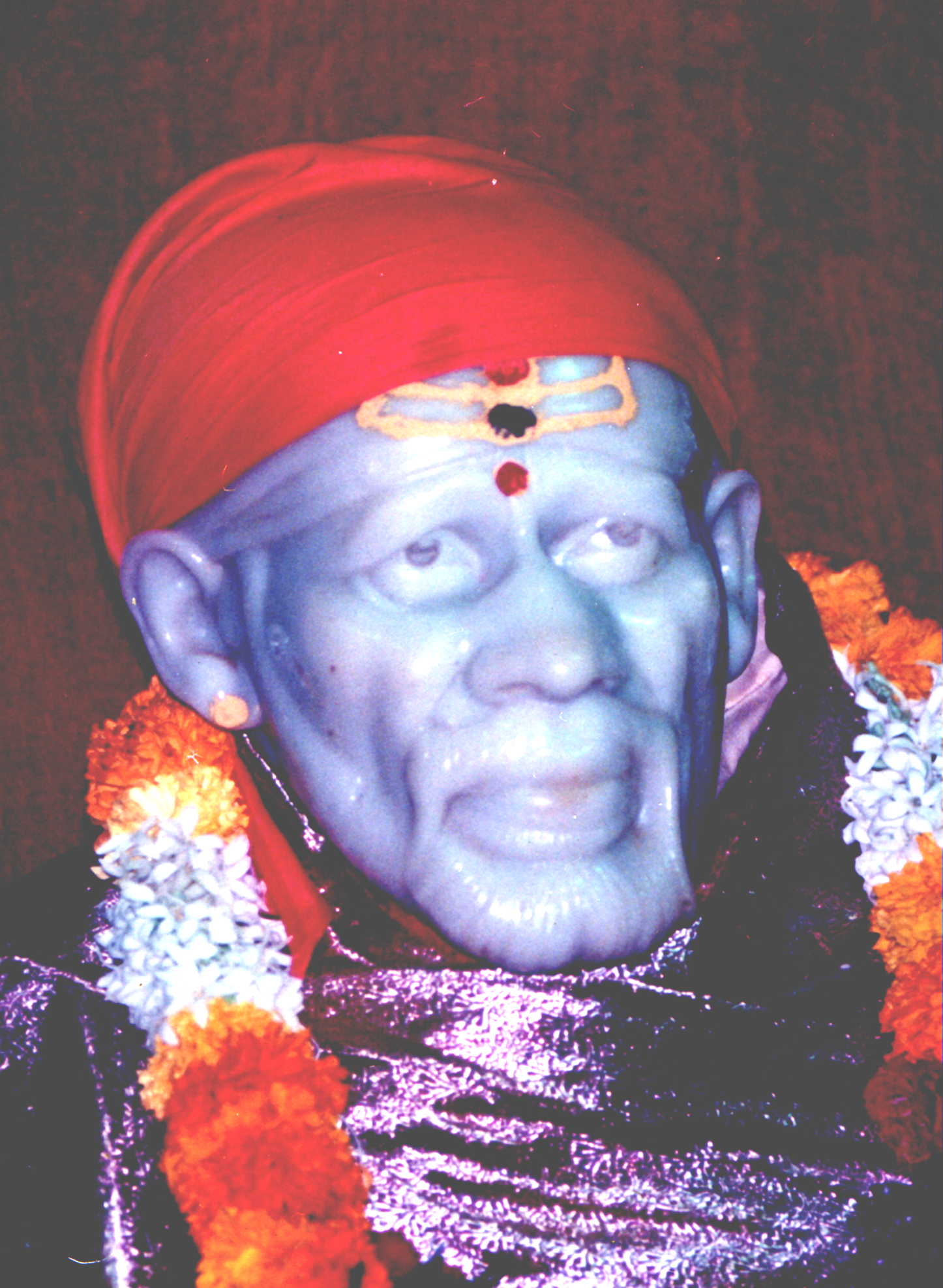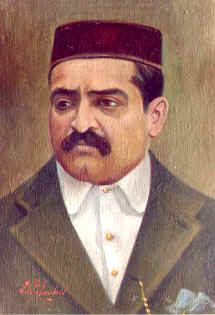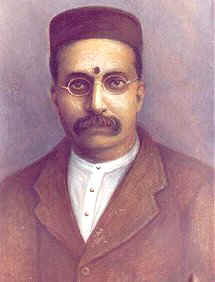 SABURI
SABURI
 SABURI
SABURI Bhajo Sitha Ram Bhajo Radhe Shyam Govinda Gopala Sai Hare Ram Keshava Madhava Radha Vallabha Vara Gananayana Nayanabhi Ram Govinda Gopala Sai Hare Ram ( Chant the name of Sitha Ram,Radhe Shyam And Sai Hare Ram)

|
SHRI SAI SATHCHARITHA"Sada Nimbarvrikshasya mooladhiwasat, Sudhasravinam tiktamapi-apriyam tam, Tarum Kalpavrikshadhikam sadhayantam Namameeshwaram Sadgurum Sai Natham" |

|
Balasahebbhate |
Chapter XIII |
Sadubhaiyanaik |
Dakshina - Mimansa
Now we shall close this Chapter with a few remarks about Dakshina. It is a well-known fact that Baba always asked for Dakshina from people who went to see Him. Somebody may ask a question, "If Baba was a Fakir and perfectly non-attached, why should he ask for Dakshina and care for money?" We shall consider this question broadly now.
First for a long time, Baba did not accept anything. He stored burnt matches and filled His pocket with them. He never asked anything from anybody--whether he be a devotee or otherwise. If anybody placed before Him a pice or two, He purchased oil or tobacco. He was fond of tobacco, for He always smoked a bidi or Chilim (an earthen pipe). Then some persons thought that they could not see the Saints empty-handed, and they, therefore, placed some copper coins before Baba. If a pice was placed before Him. He used to pocket it; if it was a two pice coin, it was returned immediately. Then after Baba's fame had spread far and wide, people began to flock in numbers; and Baba began to ask Dakshina from them. It is said in the Shruti (veda) that Puja of the Gods is not complete, unless a golden coin was offered. If a coin was necessary in the Puja of the Gods, why should it be not so in the Puja of the Saints also? Ultimately, the Shastras laid it down that, when one goes to see God, King, Saint or Guru, he should not go empty-handed. He should offer something, preferably coin or money. In this connection we may notice the precepts recommended by the Upanishads. The Brihadaranyak Upanishad says that the Lord Prajapati advised the Gods, men and demons by one letter "Da". The Gods understood by this letter that they should practice (1) "Dama" i.e. self-control; the men thought or understood that they should practice (2) "Dana" i.e. charity; the demons understood that they should practice (3) "Daya" i.e. compassion. To men Charity or giving was recommended. The teacher in the Taittiriya Upanishad exhorts his pupils to practise charity and other virtues. Regarding charity he says, "Give with faith, give with magnanimity, i.e. liberally, give with modesty, with awe and with sympathy. In order to teach the devotees the lesson of charity and to remove their attachment to money and thus to purify their minds, Baba extracted Dakshina from them; but there was this peculiarity, as Baba said, that He had to give back hundred times more of what He received. There are many instances, in which this has happened. To quote an instance, Mr. Ganpatrao Bodas, the famous actor, says in his Marathi autobiography, that on Baba's pressing him often and often for Dakshina, he emptied his money-bag before Him. The result of this was, as Mr. Bodas says, that in later life he never lacked money, as it came to him abundantly.
Devotees Experiences